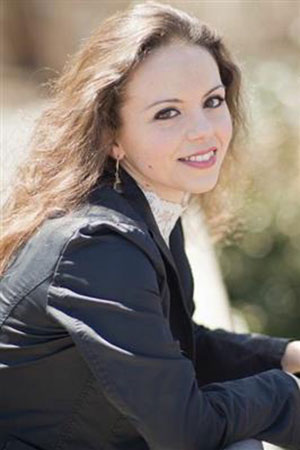
Laetitia Ruccolo
Degrees & Studies
B.M. Ecole Normale Supérieure de Musique, Paris; B.A. Languages, University Aix-Marseille; State Diploma in Piano Pedagogy, Paris; M.M. University Mozarteum Salzburg; M.M.Mannes College of Music, New York
Division
Piano
Music Conservatory of Westchester
Faculty since 2013
Born In
Mulhouse, France
Performances & Distinctions
Laetitia has performed all over Europe and the States as a solo pianist and accompanist. In New York, she played at Carnegie Hall, Alice Tully Hall, and the Metropolitan Opera Guild. She performed in concerts hosted by violinist Joshua Bell and soprano Dame Kiri Te Kanawa. She is one of the founding members of the companies Loft Opera and Bare Opera, and she regularly collaborates with opera companies in New York and Europe. She was a young artist at the National Opera Studio in London, where she did some residencies at the Royal Opera House, Welsh National Opera and Opera North Leeds. Passionate about art songs, she participated in SongFest and the Schubert Institute, where she worked with artists like Helmut Deutsch, Christa Ludwig, Elly Ameling, Julius Drake, and Roger Vignoles. Laetitia has always been interested in new music, she often collaborates with The Center For Contemporary Opera, and she has worked with many living composers, like John Musto, Libby Larsen, Mohammed Fairouz and Christian Lauba. She was also part of the Klezmer group 12th Night Music, coached by David Krakauer.
Teaching Philosophy
“My goal as a piano teacher, as well as an accompanist, is to develop the natural musicality of the students as early as possible. I encourage them to experiment a lot of dynamics, articulations or different kinds of repertoire. I advise them also to listen to a lot of different music and to go to see performances, starting with the concerts at the Conservatory. I often play for beginner pianists during the lesson. The intention is to give them the autonomy to be able to make their own musical decisions. My thesis for the French State Diploma of Pedagogy was on Liszt’s technique applied to beginner pianists. He was convinced that having a clear musical idea helps to develop the technique, and recommended to work on the technical problems in the context of a piece, rather than pure exercises without musical interest for the student. As an ex ballet dancer, I give a lot of importance to the student’s position at the instrument. An unhealthy position can create many unnecessary difficulties or even some injuries. It is important to have a good posture from the very beginning. Reading music fluently is essential, and I always make sure that the students make the connection between written music and the keyboard. For the children who have difficulties or who are still very young, I use a method inspired by Kurtág, that uses signs instead of notes. For the others, the Thompson method is fun and interesting. I usually complete it with some little 4 hands pieces that I play with the students. We are lucky to have a huge piano literature, many of the most famous composers wrote easy piano pieces, from Bach to Bartók. I’m mostly inspired by the Russian and French schools.”

